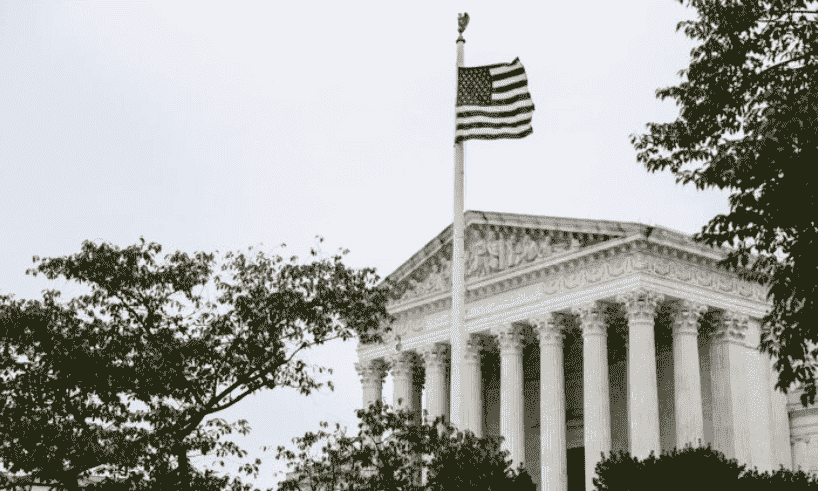
The Supreme Court postponed a decision over whether or not to hear cases challenging social media laws in Texas and Florida.
This might disrupt how platforms choose which content to eliminate and which to promote.
Social Media Laws In Texas And Florida
Monday, the court requested assistance from the US solicitor general on the cases, which were launched by tech industry groups NetChoice and the Computer and Communications Industry Association (CCIA).
The groups contend that the regulations violate the right of companies under the First Amendment to select what speech they host.
Republican leaders in Texas and Florida advocated for the measure as a means to combat what they deem to be the unfair censoring of conservative opinions on social media. Principal platforms have asserted that they only enforce their terms of service.
NetChoice and the CCIA cautioned that if the social media regulations were permitted to take effect, platforms will be compelled to store messages even if they contain misleading assertions about extremely sensitive topics.
Examples include Russia’s propaganda claiming that its invasion of Ukraine was justifiable, ISIS propaganda claiming that extremism is justified, neo-Nazi or KKK screeds denying or supporting the Holocaust, and encouraging children to engage in risky or unhealthy behavior such as eating disorders, the groups wrote in an emergency application seeking to halt the law’s implementation.
Read more: Netflix offers a paid sharing service for consumers using the same account
First Amendment

Without addressing the merits of the case, the Supreme Court decided in favor of the temporary halt to the Texas statute. A court of appeals has temporarily halted the implementation of Florida’s statute.
The legislation is in limbo pending a decision by the highest court on whether or not to hear the cases. Next month, the court is expected to hear two further cases that may possibly affect the economic structures of key platforms.
Gonzalez v. Google, in particular, examines whether algorithms that promote and organize content on websites are shielded by Section 230 of the Communications Decency Act, which exempts internet businesses from liability for their users’ contributions.
If a judge determines that websites should be more accountable for the dissemination of third-party messages, social media businesses may modify their operations to minimize their legal liability.
NetChoice and CCIA stated that the court’s request for feedback is a positive indication. NetChoice Counsel Chris Marchese said in a statement, We are ecstatic that the Supreme Court is considering taking up our cases and has requested the Solicitor General’s opinion on the matters.
We anticipate that the Solicitor General will acknowledge the First Amendment rights of websites and ask the Supreme Court to hear the cases and rule in favor of NetChoice and CCIA. President of the CCIA, Matt Schruers, concurred that the request highlights the significance of these instances.
It is vital that the Supreme Court reach a conclusion on this issue, Schnuers stated. It would be a hazardous precedent for the government to intervene in private enterprises’ decisions over what content to publish or distribute online.
The First Amendment protects both the freedom to speak and the right not to be coerced to talk, and we should not underestimate the implications of giving the government power over online speech in a democracy. The attorneys general of Texas and Florida did not reply quickly to calls for comment.
Read more: Claiming your Social Security benefits at 62? Here’s how to get your money earlier!

